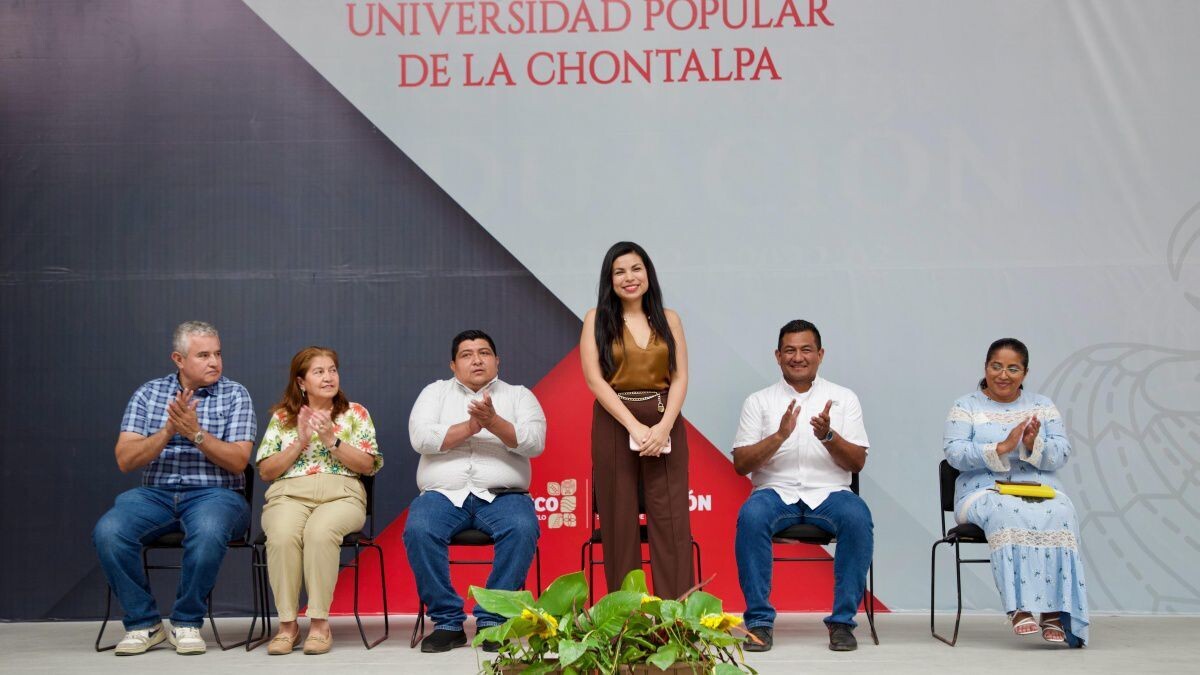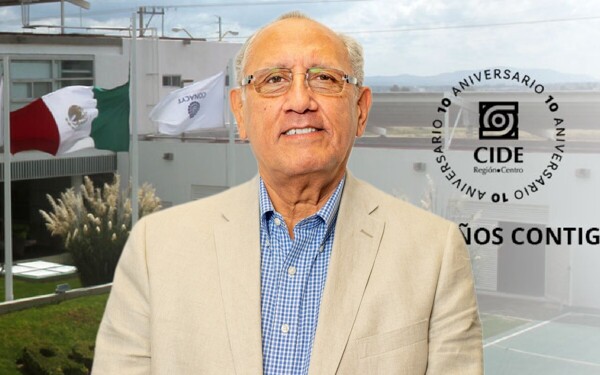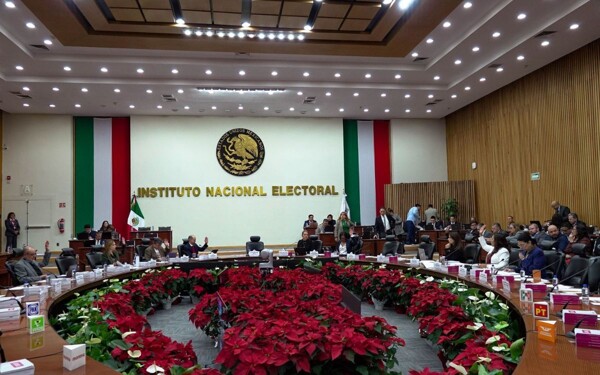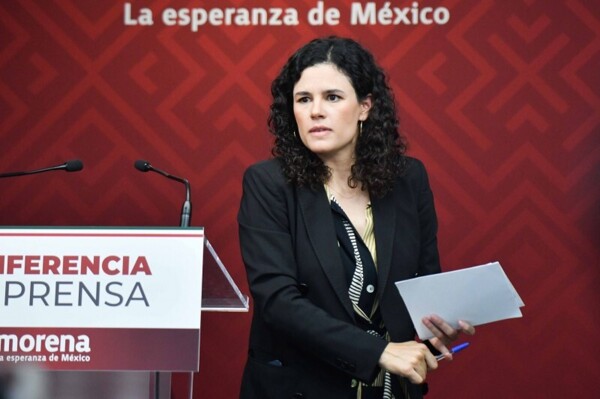
During an academic meeting organized by the Popular University of Chontalpa, Judge Ana María Ibarra Olguín emphasized the need to transform the Judiciary to ensure justice with equity, social sense, and institutional responsibility.
In her keynote speech, she highlighted that the justice system in Mexico must stop being perceived as elitist and distant, and become a true tool for social change. "Justice cannot continue to be an inaccessible privilege or an empty promise. We need judges who understand that their role is not only to apply the law but to ensure that it is interpreted with equity and social sensitivity," Ibarra Olguín stated.
In her intervention, she emphasized that the renewal of the Judiciary requires recognizing that equity must be a guiding principle in all judicial decisions. "We need judges capable of recognizing the vulnerabilities of the most oppressed groups and responding with rulings that level the playing field. For this, we need judges who do not hide behind technicalities or excessive formalism but prioritize just and effective solutions," she added.
The judge also referred to the institutional responsibility of judges, highlighting the importance of the Judiciary acting in coordination with other branches of government in the protection of human rights. In a country with so many inequalities, it is unacceptable for the Judiciary to remain indifferent to the needs of the citizenry.
"People must be able to understand and trust judicial resolutions. Equity is not a concession; it is a constitutional mandate and a moral imperative," she emphasized. She also reiterated that equitable justice requires not only technically impeccable decisions but also accessible and understandable ones for the citizenry.
Addressing the concept of equitable justice, Ibarra Olguín explained: "Equitable justice is not giving the same to everyone, but ensuring that each person receives what is necessary to fully exercise their rights. The role of judges is to balance that scale, ensuring that the law particularly protects those who have been historically marginalized."
Finally, she called on the academic and legal community to continue promoting equitable justice that is truly accessible to all. "We cannot treat people the same when they start from unequal conditions. Only then can we regain the people's trust in their institutions and ensure that justice is not a utopia but a daily reality," she concluded.
Villahermosa, Tabasco.














